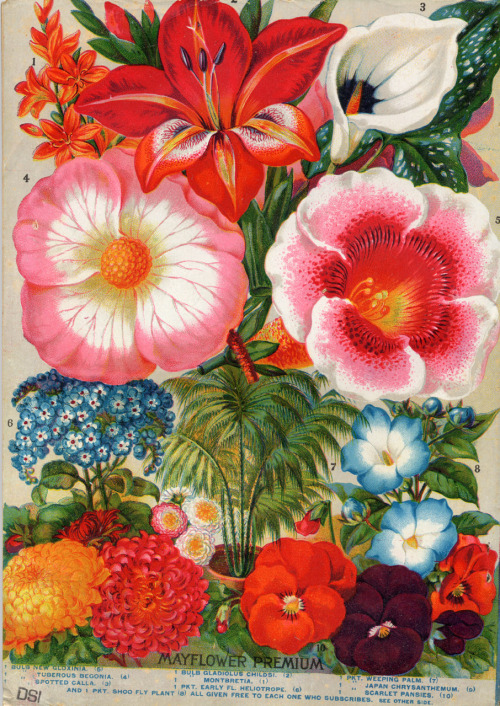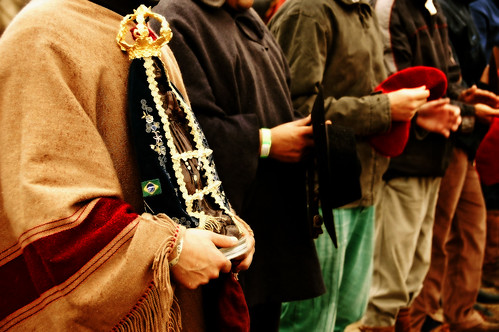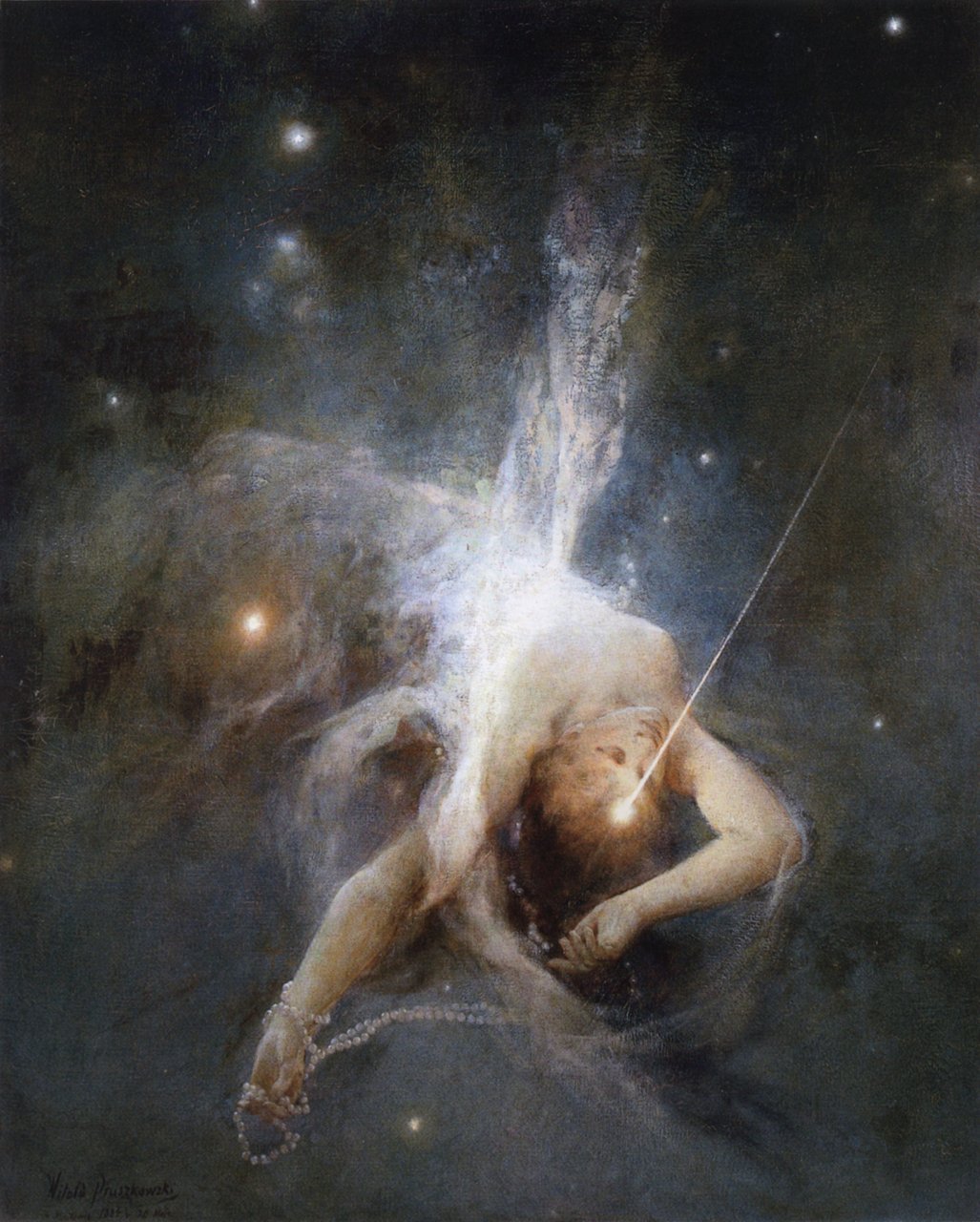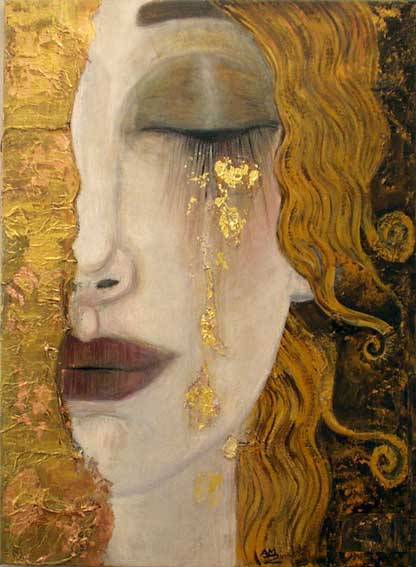 Gender: Masculine
Gender: MasculineUsage: Hebrew
Meaning: "crown of God"
(approx. cut-rhee-ELL)
כַּתְרִיאֵל (Katri'el) is a traditional Jewish boys' name, probably meaning "crown of God" or "the Crowned Lord". Supposedly it was the name of an angel in Hebrew tradition.
The first element is thought to come from the root of Hebrew כֶּתֶר (kether) meaning "crown, circlet, diadem" ("a symbol of the highest significance in Kabbalah"), and second is the ubiquitous element אֵל ('el) "God". Its meaning is sometimes interpreted as "my crown is God" (or "God is my crown").
 |
| Katriel Jaffe, mariner |
In use since at least the Middle Ages, Katriel may be considered old-fashioned or dated by Israelis today. In Israel, Katriel is ― like most boys' names ― occasionally given to girls.
In the U.S. last year (2011), 5 baby boys were named Katriel compared with 13 girls (which methinks has to do with its similarity to "Katherine"; I wonder, too, how non-Jewish American parents are pronouncing it ― KAY-tree-ull, à la "Gabriel"?).
Other forms of the name include:
- Catriel, Casriel, Kasriel, Kathriel (alternative transcriptions)
- Kati (diminutive)
- Katriela (כתריאלה, a rare strictly feminine variant; pron. kah-trhee-EH-lah)






